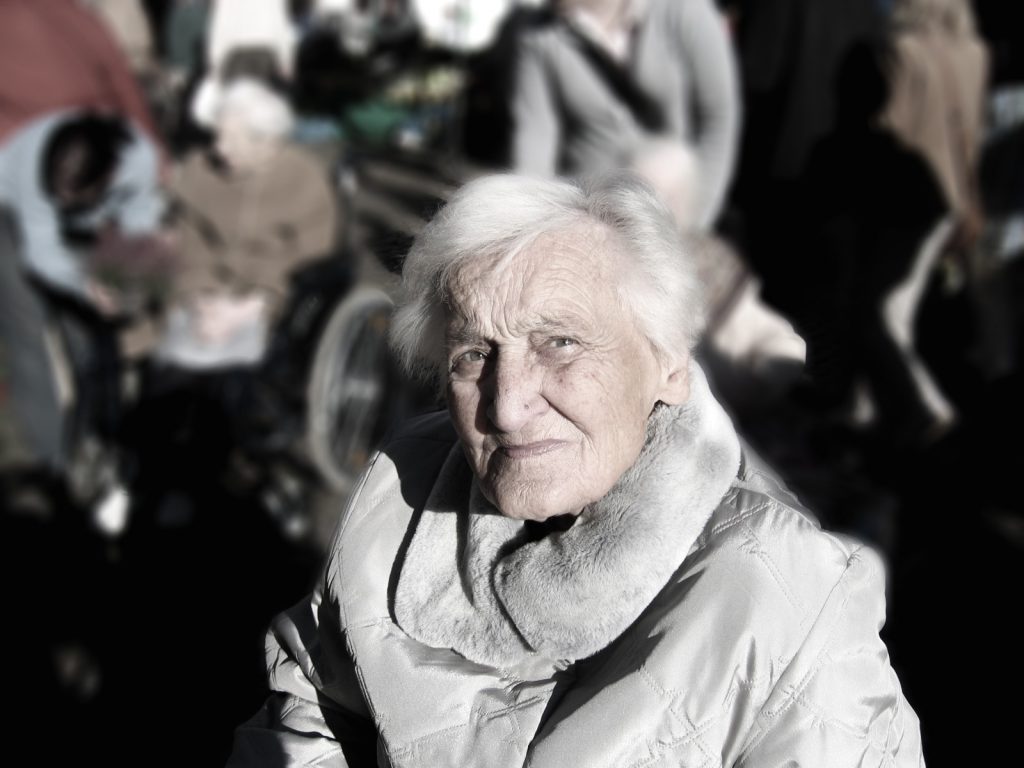Everyone has influence in their life. Influence is the ability to effect someone’s character and behavior. When raising children, a parent’s influence is generally positive. Parents choose their child’s clothing, diet, social environment, residence, education and entertainment.
So, what is undue influence? This type of negative influence involves a person taking a position of power over another person. To put it into perspective, here are a few examples.
Should a teacher tell a student which political party or candidate to favor?
Should a girl influence her boyfriend to spend money saved for college on her?
Unfortunately, undue influence is a common topic in regards to the elderly. Do you know of any examples where an elderly person was unduly influenced to do something he or she may not have wanted to do? Or lived where they do not want to? Or dressed in a different way than they usually would?
The elderly is subject to higher rates of undue influence as they are more likely to be dependent on others for daily life activities such as transportation, shopping and paying bills. Often times, family members put pressure on their elderly family to amend their will so that they may obtain a larger portion of the estate. Care-givers can be privy to personal information of their elderly patient. They could even try to get their name as an agent on the power of attorney document.
Here are some scenarios to look out for:
The elder is being isolated from family and friends.
Signatures on documents look questionable.
Sudden changes in financial activity or a burst of unusual transactions.
The elder’s physical appearance changes from being well-maintained to unkempt.
As we approach National Elder Law Month in May, these issues should be on everyone’s minds.

